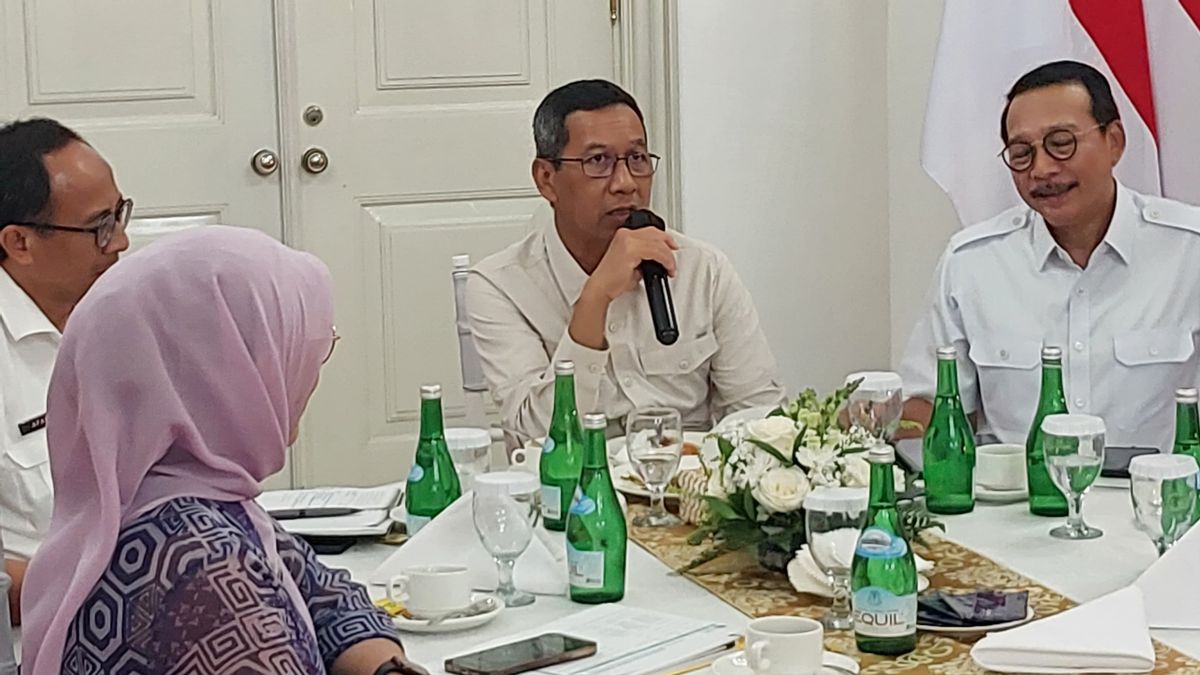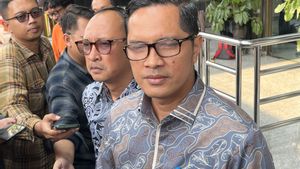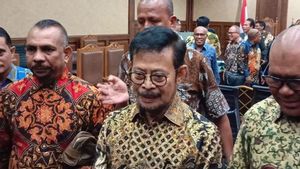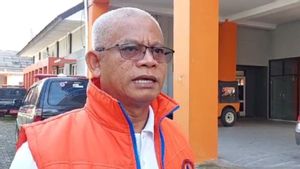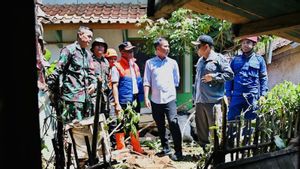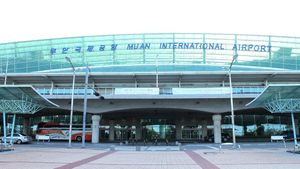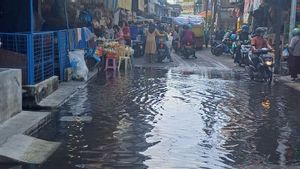JAKARTA - Acting Governor of DKI Jakarta Heru Budi Hartono emphasized that the plan to deactivate the population identification number (NIK) of Jakarta residents in certain categories was carried out to reduce the number of criminal cases.
One of them is banking crime. According to Heru, the arrangement of population administration by deactivation of NIK can prevent these cases.
"To be safer from the problem of banking crime. There are also many entrepreneurs or residents who are trying in the rented field who expect administrative order," said Heru at DKI Jakarta City Hall, Monday, April 29.
Heru then asked Jakarta residents outside the area to take care of the administration of population documents such as ID cards and other documents before the NIK was deactivated by the government.
"Actually, it's for the benefit of the community itself. For example, there was an accident before, he lived in Jakarta. As soon as he was confirmed, he didn't know where it was. It was difficult," said Heru.
The DKI Provincial Government has started the deactivation of the NIK with a target of 92 thousand Jakarta residents, with details of 81,119 NIK residents who died and 11,374 NIK residents in the Neighborhood Association (RT) who no longer exist.
Then, the deactivation of the NIK of Jakarta residents who already live outside the area will be carried out after the initial two categories have been deactivated.
In the process, the DKI Provincial Government mapped out residents affected by the deactivation of the NIK. Then, the data was submitted to the Ministry of Home Affairs (Kemendagri) to remove the NIK.
Then, in verifying and validating the objections of residents affected by the deactivation of the NIK, the DKI Provincial Government will submit a recommendation to the Ministry of Home Affairs as a follow-up to the elimination of the NIK.
However, this has drawn criticism from a number of members of the DKI DPRD. One of them is the Advisor to the PKS faction of the DKI Jakarta DPRD, Nasrullah, who assesses that the deactivation of the NIK for Jakarta residents living outside the region does not provide a sense of justice.
According to him, not a few natives of Jakarta are forced to live in buffer areas because their livelihoods are not in Jakarta.
Meanwhile, the DKI Provincial Government does not control or limit residents outside the region to enter and stay to find work in Jakarta every year. They finally enjoyed the public facilities provided by the DKI Provincial Government.
SEE ALSO:
The English, Chinese, Japanese, Arabic, and French versions are automatically generated by the AI. So there may still be inaccuracies in translating, please always see Indonesian as our main language. (system supported by DigitalSiber.id)
Most Popular Tags
#Prabowo Subianto #New Year #airplane accident #Hasto Kristiyanto #nataru #squid game 2Popular
03 Januari 2025, 00:02
03 Januari 2025, 06:15
03 Januari 2025, 04:00
